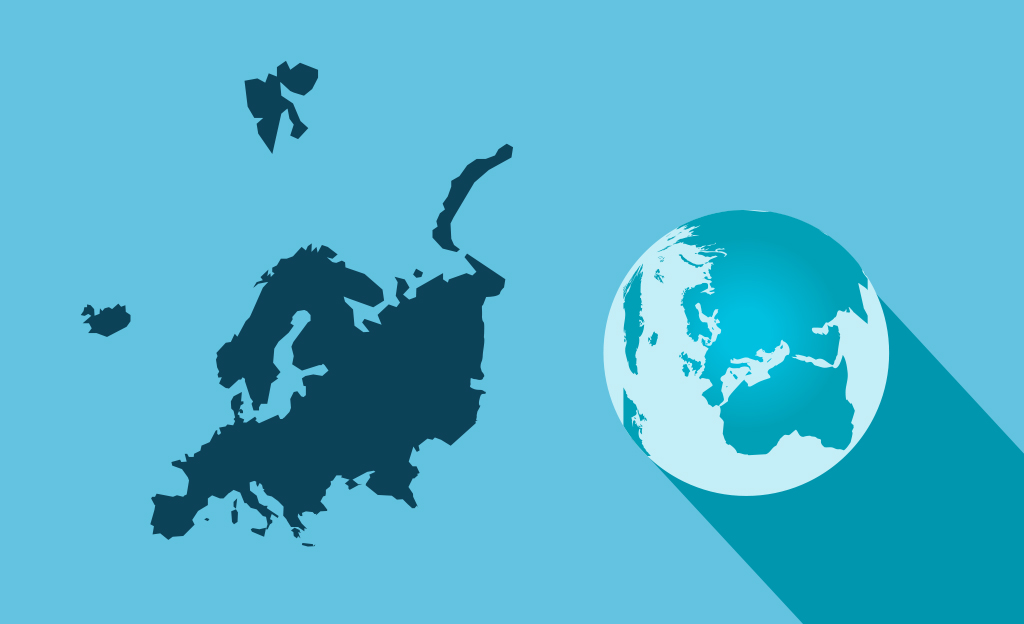Europe
Europe is one of the world’s most technologically advanced economic zones, with significant innovation locations. Sustainability is of particular economic relevance here because many environmental technologies as well as economically and ecologically sustainable innovations are exported from Europe.
For this reason, Europe has taken on a global leadership role in the transformation toward a green economy. This is supported by EU legislation in the fields of climate mitigation and resource goals. This is where Europe’s strength in environmental policy and sustainability goals becomes apparent.
The fact that these standards themselves can be exported is demonstrated by Germany. With its Energiewende (Germany’s energy transformation, long-term plan to shift from nuclear and fossil fuels to renewables), the country has become the world’s energy lab, and other regions of the world are using it as a guideline in drafting their own legislation.
Start-ups in particular are exploiting the economic opportunities provided by the energy transformation and identifying lucrative new business models in the green economy.
Borderstep has been working on prerequisites and underlying conditions of the transition to a green economy for many years and conducts practical research on start-ups and other topics. The Green Economy Start-Up-Monitor, published by Borderstep, analyzed 5,000 green start-ups and young businesses over the past eight years, examining the development of new ventures in fields such as renewables, energy efficiency, the circular economy, and climate mitigation. Approx. 11 percent of all start-ups in Germany support the transformation of the energy system with their services or products.
Europe has a long tradition of small and medium-sized enterprises (SMEs). “Hidden champions” have become established as global market leaders, practically unnoticed by the public. SMEs are entrepreneurial and flexible, and they take on entrepreneurial responsibility for the future with resource-efficient and environmentally friendly products. In other words, they are ideally equipped for the tasks required to complete the transformation toward a green economy.

